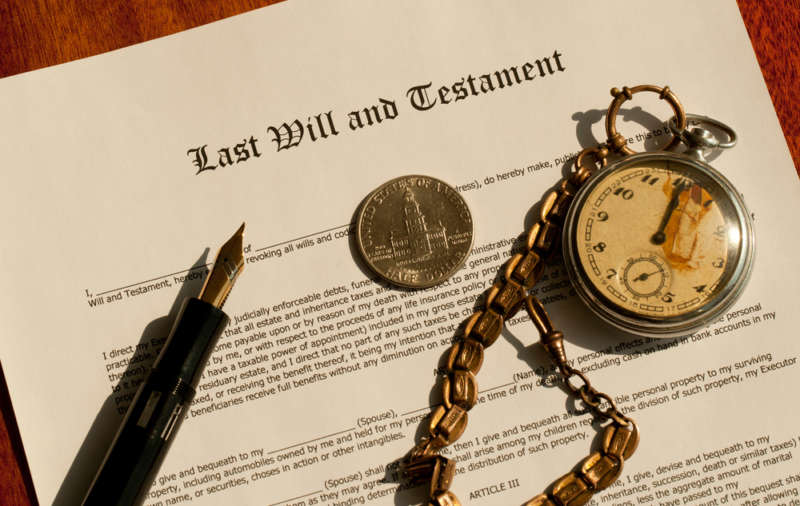 How can I contest a Will?
How can I contest a Will?
Wills can be contested for a number of reasons including:
- Proper provision was not made for you in the Will;
- The testator promised you that he/she would leave you something from the Estate and then didn’t;
- There was a clear mistake or error in the Will which requires a Court Order to remedy the error;
- The testator lacked (mental) capacity to make a Will; or
- The testator was subject to undue influence by a party which influenced how they made their Will.
Are there time limits for contesting a Will?
In Queensland there are very strict time limits that apply to contesting a Will. If you are seeking an Order to rectify a Will an Application must be made within 6 months after the date of death of the testator. If you are making a family provision claim or Application then you must give the Estate or executor written notice of your intention within 6 months of the date of the death of the testator and file and serve your Application within 9 months of the date of the testator’s death.
Family Provision Applications
In order to bring a Family Provision Application you must fall into one of the following categories:
- A spouse (including de facto spouses);
- A child (including step children); or
- Dependant (someone who is wholly or substantially maintained by the deceased, can include a parent of the deceased, a minor child or parent of a child of the deceased).
However, just because you fall into one of these categories it does not mean you will automatically be successful in your Application.
How do Courts decide Family Provision Applications?
In order to be successful in your Application you must demonstrate to the Court that adequate provision for your proper maintenance and support has not be made for you in the Will. The question of what is proper and/or adequate can be difficult and varies from case to case. Accordingly, the Court takes into consideration other circumstances such as:
- The Applicant’s financial position and circumstances;
- The size of the Estate;
- The relationship between the Applicant and the deceased;
- The relationship between other potential claimants, beneficiaries and the deceased;
- The capacity, age and financial circumstances of other beneficiaries; and
- In some instances, whether the deceased had a moral duty to make adequate provision for the proper maintenance and support of the Applicant.
Who pays for a Family Provision Claim?
Ordinarily it is the case that in a family provision claim the Estate will pay for the costs of all of the parties (including the Applicant whether they have been successful or not). But be warned the Courts have recently been critical of the high legal costs involved in bringing such an Application where the Estates are modest. Before such a matter reaches trial there should be negotiation to genuinely try to resolve the dispute. If the Court finds that an Applicant has been unreasonable in not settling prior to hearing (especially in a modest Estate) it may well make an Order that you pay your own costs.


